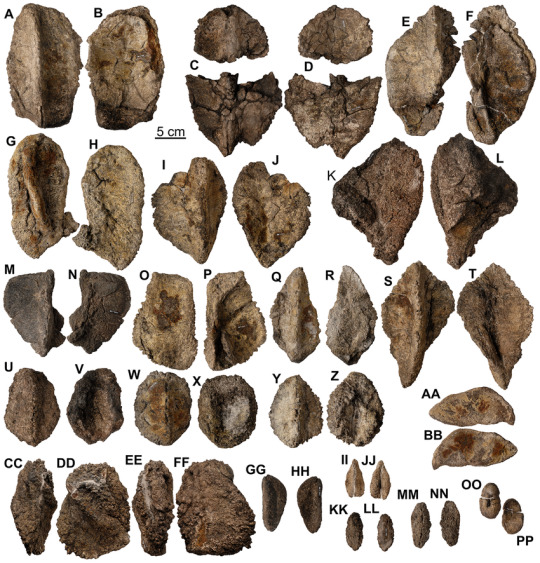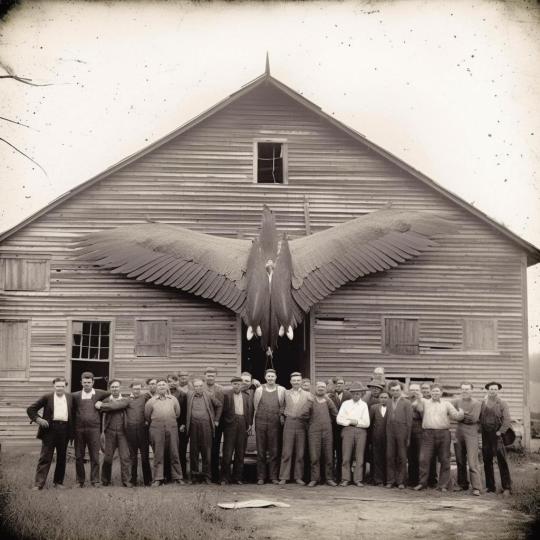Don't wanna be here? Send us removal request.
Text
Better than only to masterbate one
you jack off all trades?
28K notes
·
View notes
Text
He looks like a happy version of that guy from Pan's Labyrinth

35K notes
·
View notes
Text

On this day, Gaius, known by the nickname 'Caligula' was born in the year 12 AD, two years before the death of his great-grandfather Emperor Augustus, and is undoubtedly one of the most vilified men of Ancient Rome throughout history. On his father's side, Germanicus, he was the great-grandson of Empress Livia, great-grandson of Mark Antony and nephew of Emperor Claudius. He was the elder brother of Empress Agrippina the Younger and maternal uncle of Emperor Nero. He was assassinated at the age of 28.

Also on August 31, but in the year 161, Emperor Commodus was born, son of the prestigious philosopher emperor Marcus Aurelius, and grandson of Emperor Antoninus Pius. He was assassinated at the age of 31.
60 notes
·
View notes
Text
THIS TWINK TRIED TO TURN MY HOUSE 🏡 INTO A WATER SLIDE 😭 (BUT THEN HE TURNED INTO A 🦙🦙🦙)

33K notes
·
View notes
Text
The SC 1800 (Sprengbombe Cylindrisch 1800) or cylindrical explosive bomb was a general-purpose bomb used by the Luftwaffe during World War II.

The SC 1800 had a single piece forged and machined steel body and was similar to the preceding SC 1200 in construction.

The bomb was usually filled with a mixture of 40% amatol and 60% Trotyl, but when used as an anti-shipping bomb it was filled with Trialen 105, a mixture of 15% hexogen, 70% Trotyl and 15% aluminium powder.

The SC 1800 had a single transverse fuze unlike the central fuze of the SC 1200. The SC 1800 tail assembly had four diagonally braced tail fins while the SC 1800B had a circular braced tail ring.

Inside the bomb casing there was a reinforced H-type suspension lug and it could be horizontally suspended in a bomb bay or horizontally mounted on a fuselage hardpoint.
0 notes
Text
Glyptodontopelta (meaning "Glyptodon shield") is a monospecific genus of nodosaurid dinosaur from New Mexico that lived during the Late Cretaceous (lower to upper Maastrichtian, 69 to 66 Ma) in what is now the Naashoibito member of the Ojo Alamo Formation.

The type and only species, Glyptodontopelta mimus, is known from numerous specimens that consist of osteoderms, a dentary, supraorbital and bone fragments.

It was named in 2000 by Tracy Ford. Edmontonia australis is a junior synonym of Glyptodontopelta.
0 notes
Text
The thunderbird is a legendary creature in particular North American indigenous peoples' history and culture. It is considered a supernatural being of power and strength.

It is especially important and frequently depicted in the art, songs, and oral histories of many Pacific Northwest Coast cultures, but is also found in various forms among some peoples of the American Southwest, East Coast of the United States, Great Lakes, and Great Plains. In modern times it has achieved notoriety as a purported cryptid, similar to creatures such as Bigfoot and the Loch Ness Monster.

The thunderbird is said to create thunder by flapping its wings (Algonquian), and lightning by flashing its eyes (Algonquian, Iroquois).

In Algonquian images, an X-shaped thunderbird is often used to depict the thunderbird with its wings alongside its body and the head facing forwards instead of in profile.

The depiction may be stylized and simplified. A headless X-shaped thunderbird was found on an Ojibwe midewiwin disc dating to 1250–1400 CE. In an 18th-century manuscript (a "daybook" ledger) written by the namesake grandson of Governor Matthew Mayhew, the thunderbird pictograms varies from "recognizable birds to simply an incised X".
42 notes
·
View notes
Text
Domenico Bellizzi (1918–1989), also known under the pseudonym of Vorea Ujko, is among the most popular and respected of the Arbëresh poets.
Domenico Bellizzi was a modest priest from Frascineto in Calabria who taught modern literature in Firmo.
Bellizzi died in a car accident in January 1989.

Bellizzi's verse, a refined lyric expression of Arbëresh being, has appeared in many periodicals and anthologies and in seven collections, four of which were published in Italy, two in Albania and one in Kosovo.

Bellizzi is a poet of rich tradition. He is the worthy heir of the great nineteenth-century Arbëresh poets Girolamo De Rada (1814-1903) and Giuseppe Serembe (1844-1901), whom he admired very much.

His verse is intimately linked with the Arbëresh experience, imbued with the gjaku i shprishur (the scattered blood). Though devoid of the lingering sentiments of romantic nationalism so common in Albanian verse, and the standard motifs of exile lyrics, Bellizzi's poetry does not fail to evince the strength of his attachment to the culture of his Balkan ancestors despite five hundred years in the dheu i huaj (foreign land).
2 notes
·
View notes